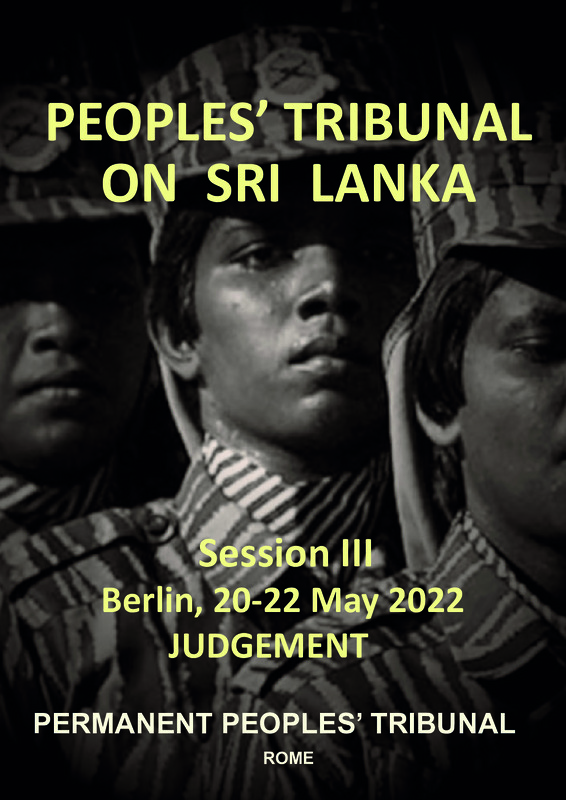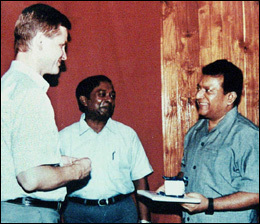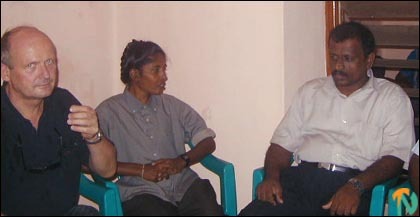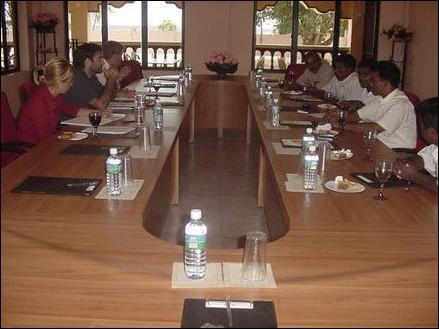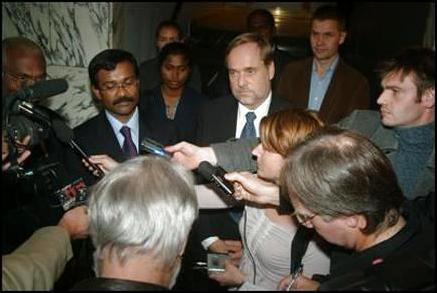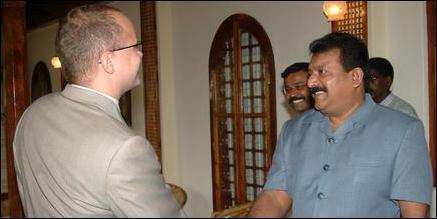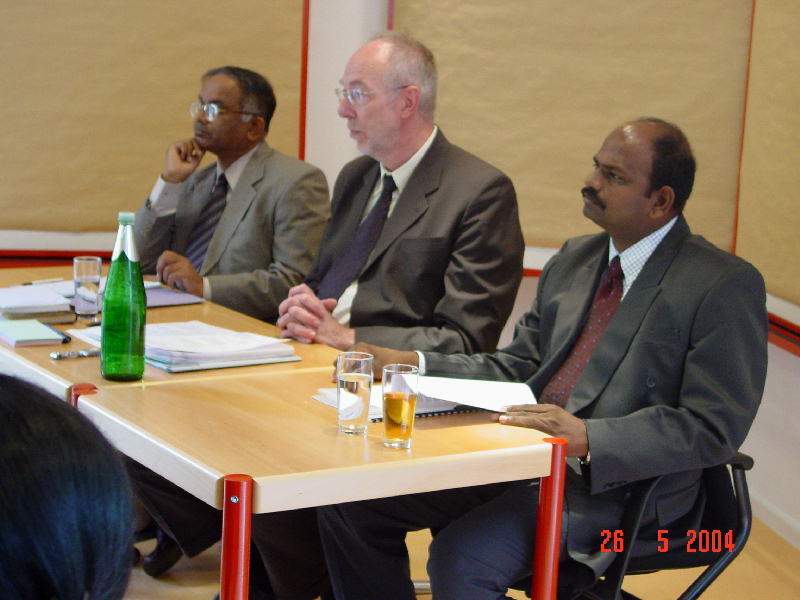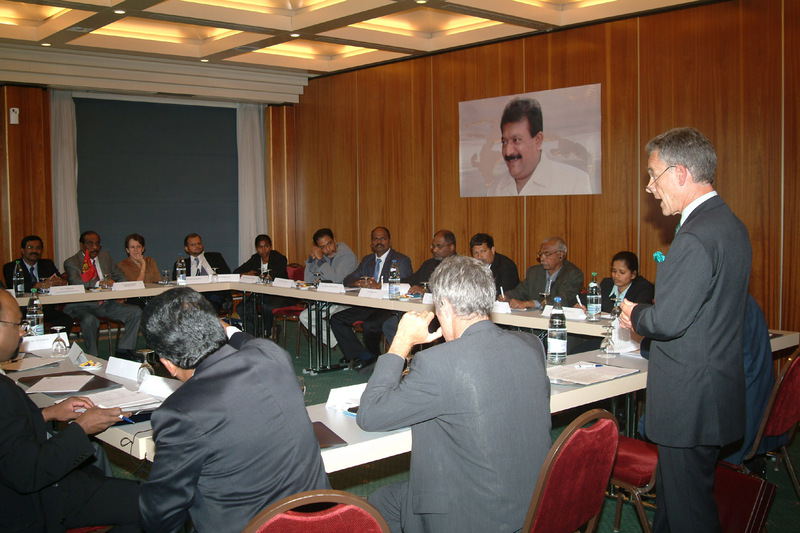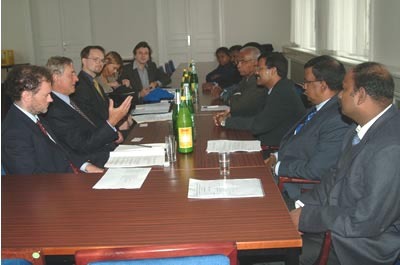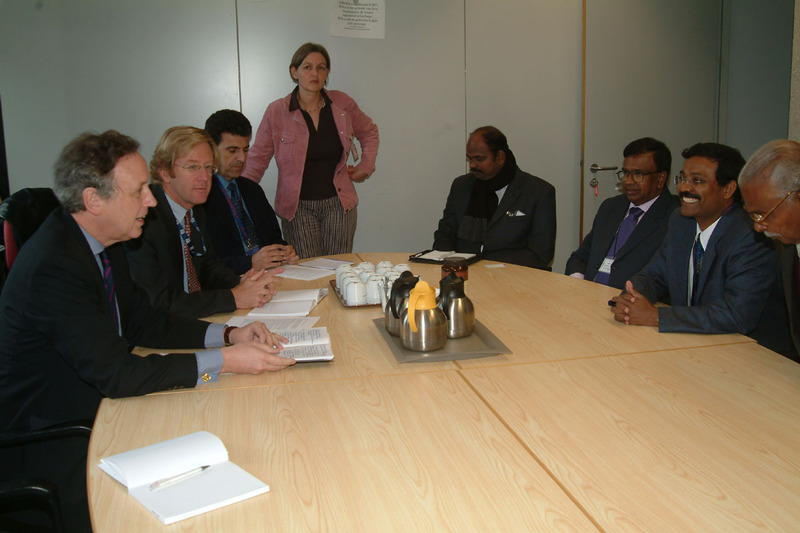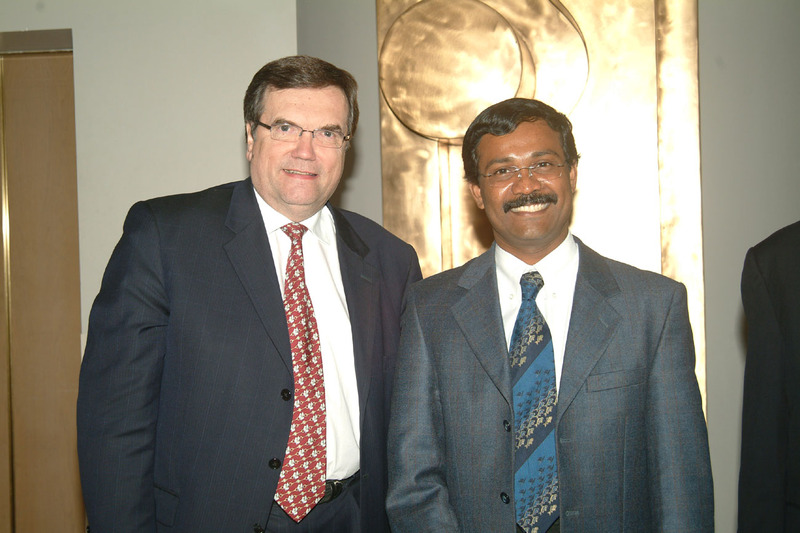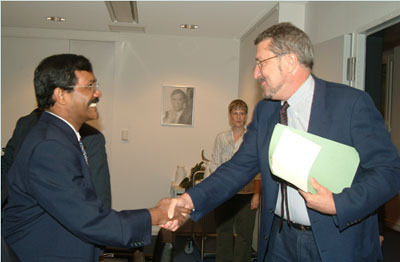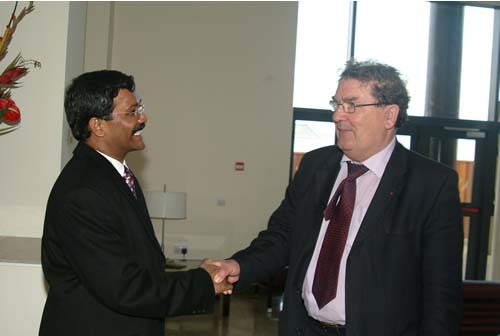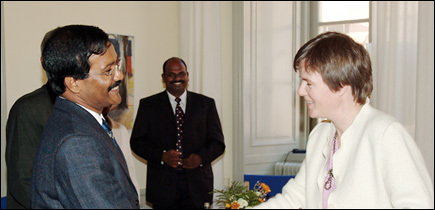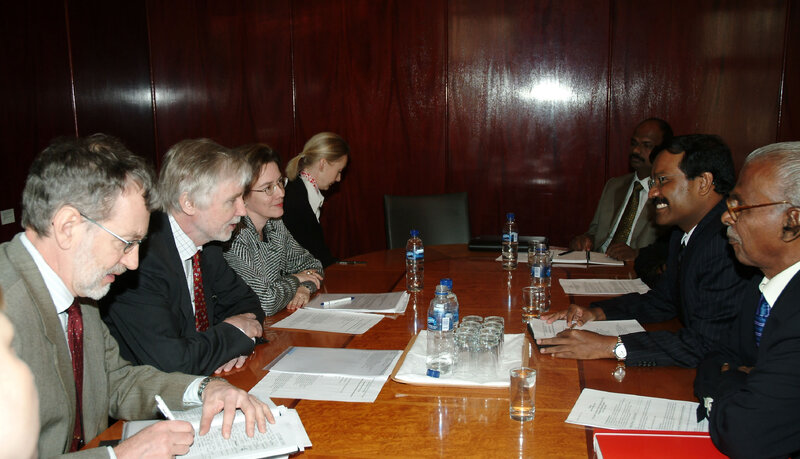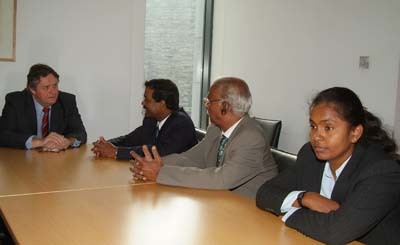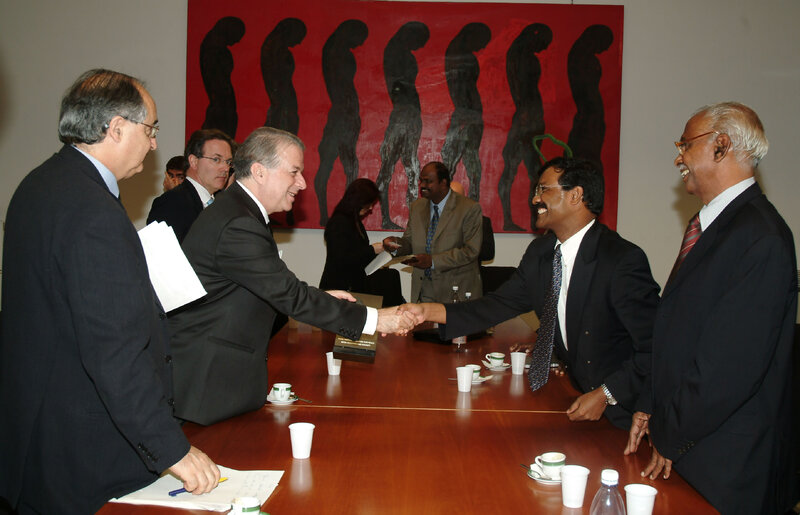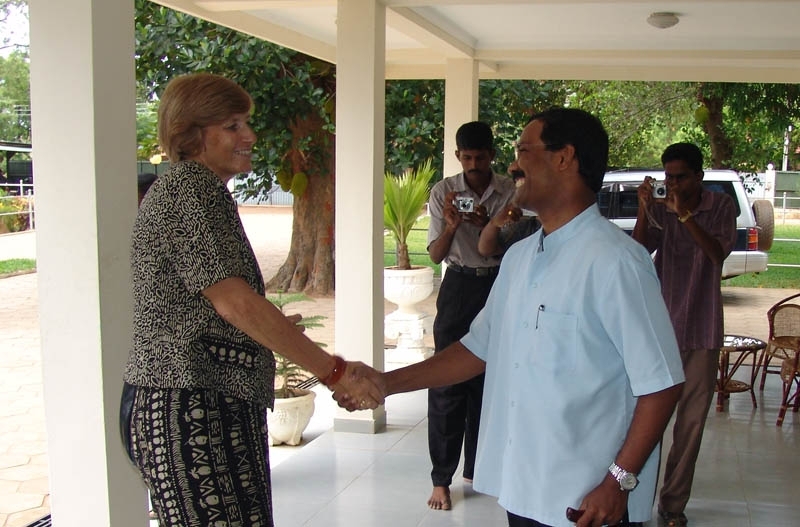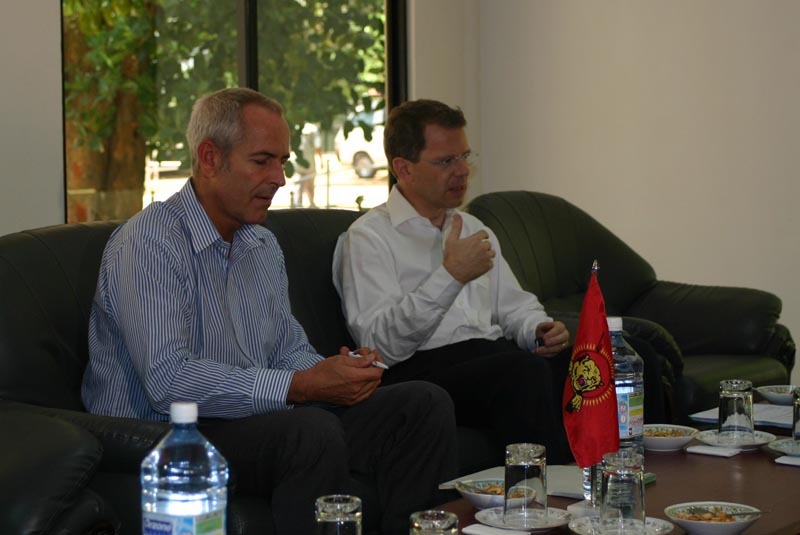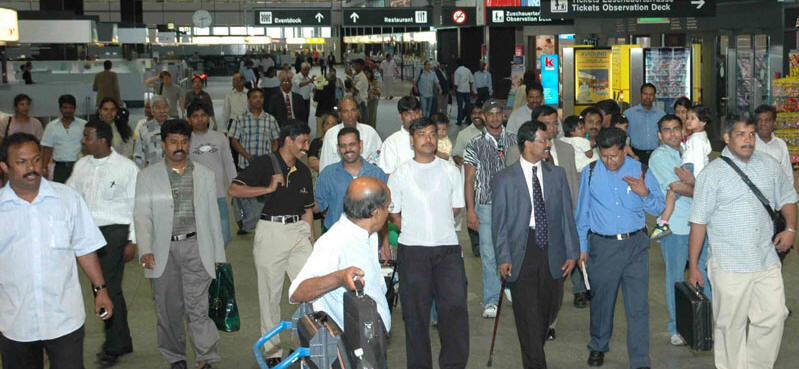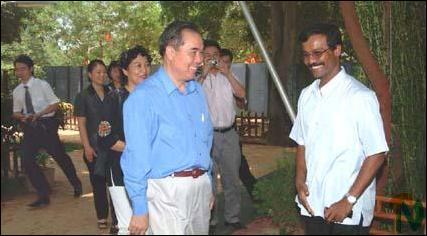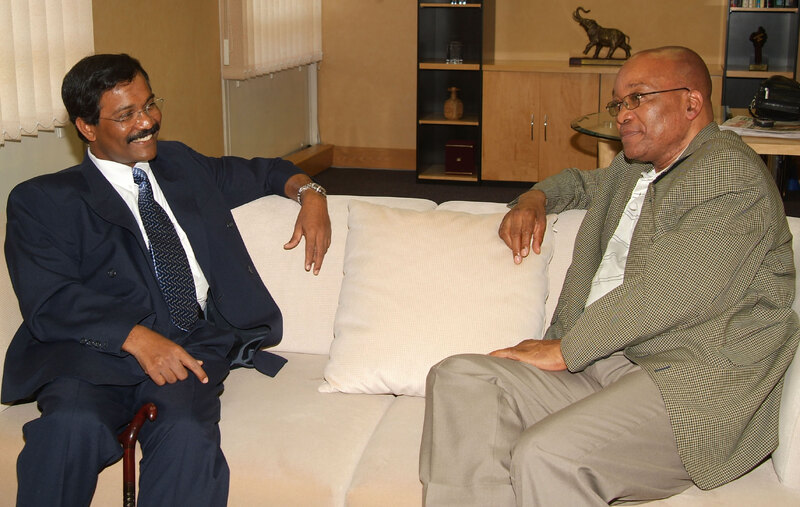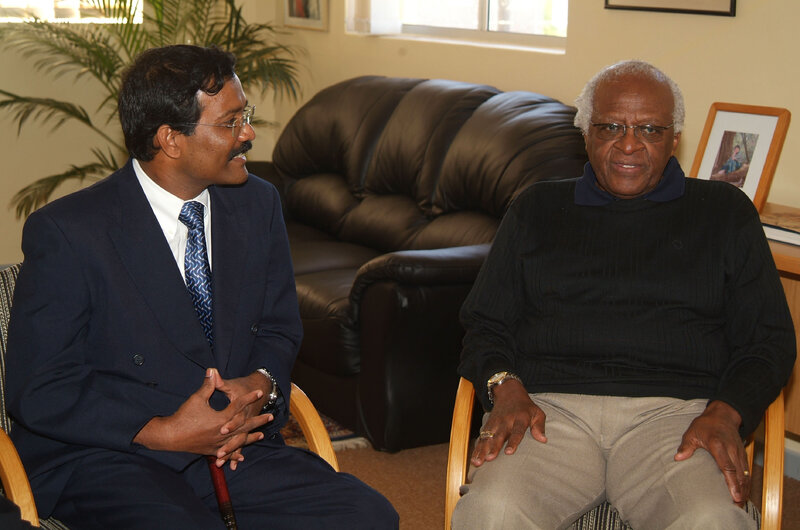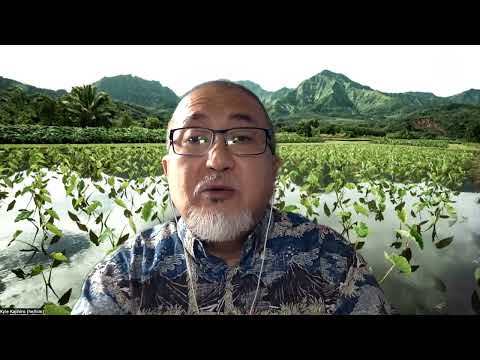Peoples’ Tribunal on Sri Lanka - Session III
20th – 22nd May 2022 Berlin (Germany)
Public hearings of the Tribunal will begin from Friday 6pm and continue on Saturday and Sunday. See more details here of public schedule for times.
Attendance has to be regulated, and if you wish to take part, please contact imrvbremen@gmail.com as early as you can.
Can the EU be a force for peace rather than war?
EU initiatives for peace
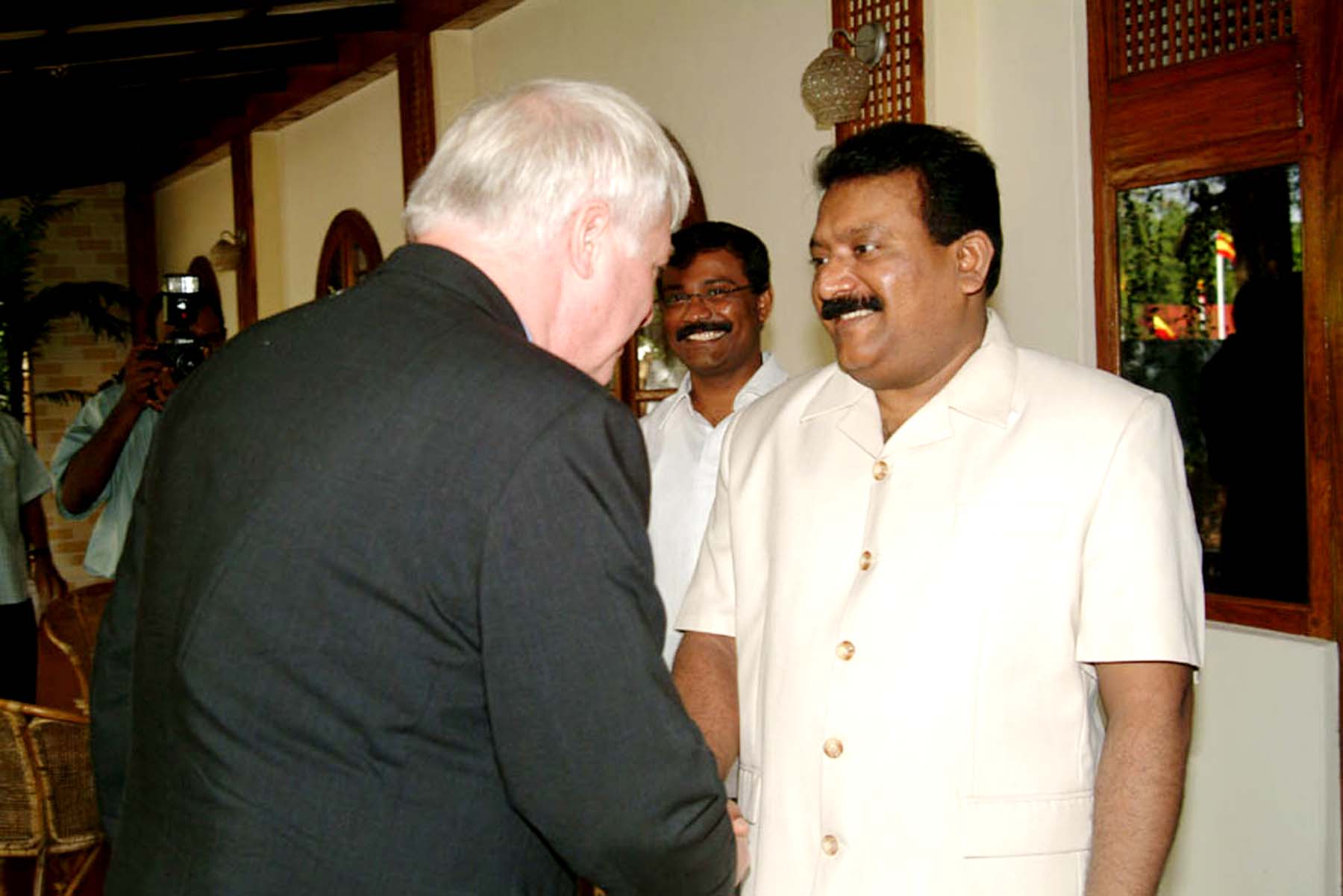
LTTE-leader and EU Commissioner meet November 2003 in Killinochchi
US preparations for war?

Sri Lankan Prime Minister and US President meet November 2003 in White House, Washington D.C.
Was the EU's terror listing of the LTTE, at the instigation of the US, the political trigger for the genocidal war against the Eelam Tamils?
In May 2006 – the EU, the main international backer of the peace process in Sri Lanka – violated the‘parity of esteem’ accorded to the negotiating parties by banning one side - the LTTE. The third session of the tribunal will examine whether there was systematic pressure exerted by the US and the UK to undermine the four-year long peace process – eventually leading to the EU banning the LTTE – thereby precipitating the terrible war of extermination. The Berlin session will meticulously examine the facts to establish not only if this happened, but if so, what the US and the UK’s motives would have been.
Was the EU ban of the LTTE in 2006 a 'crime against peace'?
The prosecutor at the Nuremberg trails described the 'crime against peace' as the most significant crime, containing within it the accumulated evil of the whole war (war crimes, crimes against humanity/genocide). In this case, was the 2006 EU ban of the Liberation Tigers of Tamil Eelam, under heavy US pressure, an act which is responsible for the mass killings that followed and current situation on the island? If so, who were the primary actors who should be held response for this crime against peace?
Were the Eelam Tamils sacrificed to make way for US military basing in Sri Lanka?
Was US policy to destroy the LTTE during the Sri Lankan Peace Process and current military engagement with Sri Lanka motivated by the desire to use Sri Lanka, and in particular the Tamil inhabited Trincomalee Harbour, as a US military asset? Is this US basing in Trincomalee a threat to global peace and justice?
About
The third session of the tribunal – like the Dublin and Bremen sessions - will take place under the aegis of the Permanent Peoples’ Tribunal.
In articulating the tribunal as that of the people, on Saturday 21 May from 2.00 – 4.00 pm (Berlin time) 30 leading human rights activists from Asia, Africa, Europe, and Latin America will engage in the Tribunal virtually in a manifestation of people-to-people solidarity.
Our efforts to bring to light the results of the first two sessions of the Tribunal has been most productive in the indigenous communities in Latin America. The indigenous people in Ecuador started this inspiring people to people solidarity. The panel of judges for the Berlin session is a reflection and a celebration of this reality.
As we see a confrontation taking place between the two sides of the geo-political divide as to who controls this strategically important island, while its economy collapses – the Eelam Tamils in the homeland and in the Diaspora will find the deliberations at this tribunal very instructive. And, as the world in witnessing again, in Ukraine, the failure of negotiations resulting in a terrible war, the discussions at the Berlin Tribunal will not only be of concern to the Eelam Tamils, but to all those concerned in peace through negotiations.

The USS John C. Stennis, pictured in Feb. 2019. In Dec 2018, Jan 2019 the first Nimitz class aircraft carrier to visit area in 30 years was serviced by logistics hubs set up in earlier in Trincomalee and also Colombo. “The primary purpose of the operation is to provide mission-critical supplies and services to U.S. Navy ships transiting through and operating in the Indian Ocean.”
The Tribunal will investigate the following inter-related areas
1. Who holds the primary responsibility in the war against the Eelam Tamils?
2. Is the United Nations’ Human Rights Council manipulated by the perpetrators?
3. Was the war of extermination of Eelam Tamils a threat to peace in the Indian Ocean?
4. What is the significance of the international criminalisation of Tamil activists?
5. Is the destruction of social progress made in Tamil Eelam, particularly concerning women, part of the genocidal process?
6. Is the ongoing structural genocide supported by the external perpetrators?
Panel of Judges
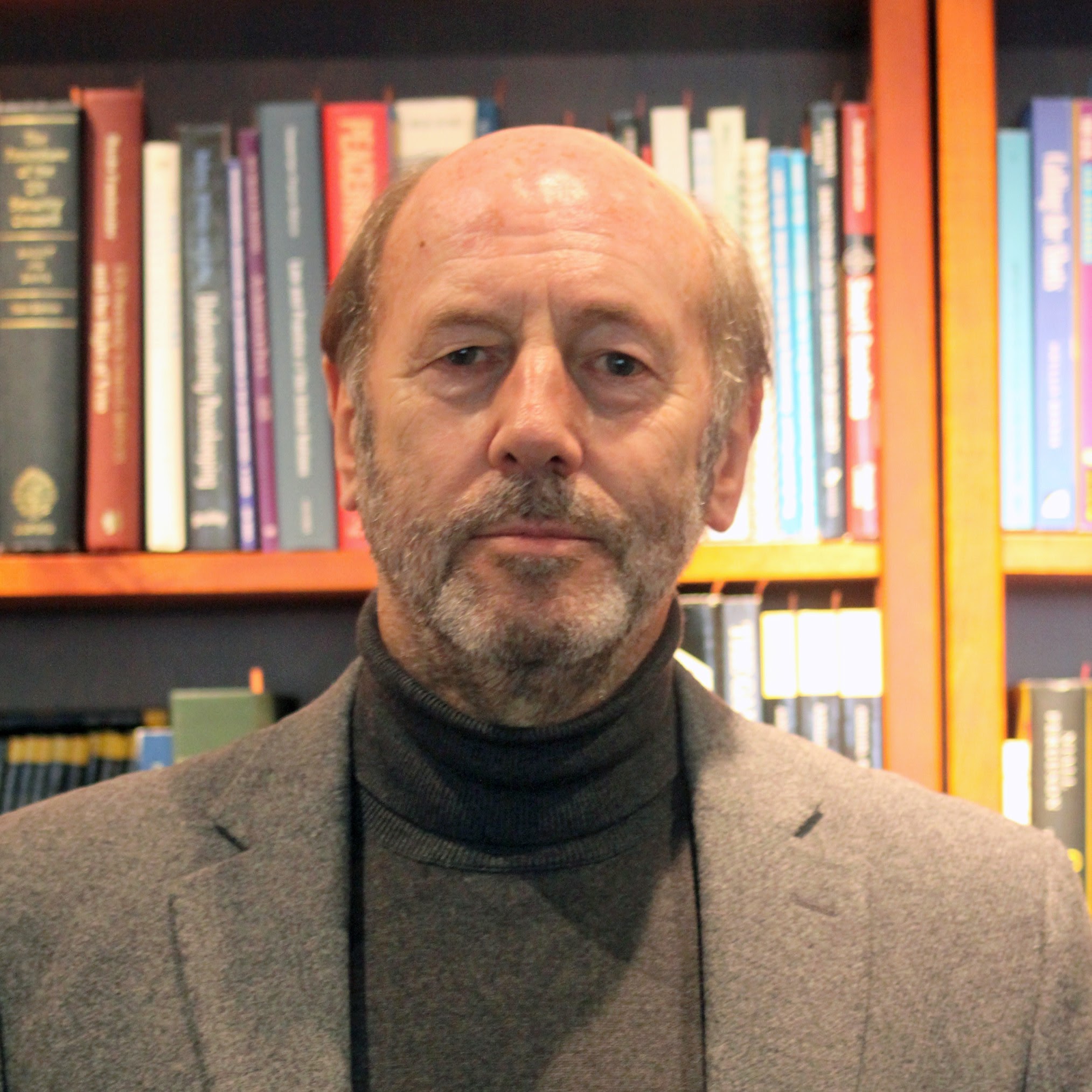
Denis Halliday (Former assistant secretary-general to the United Nations and recipient of Gandhi International Peace Award)
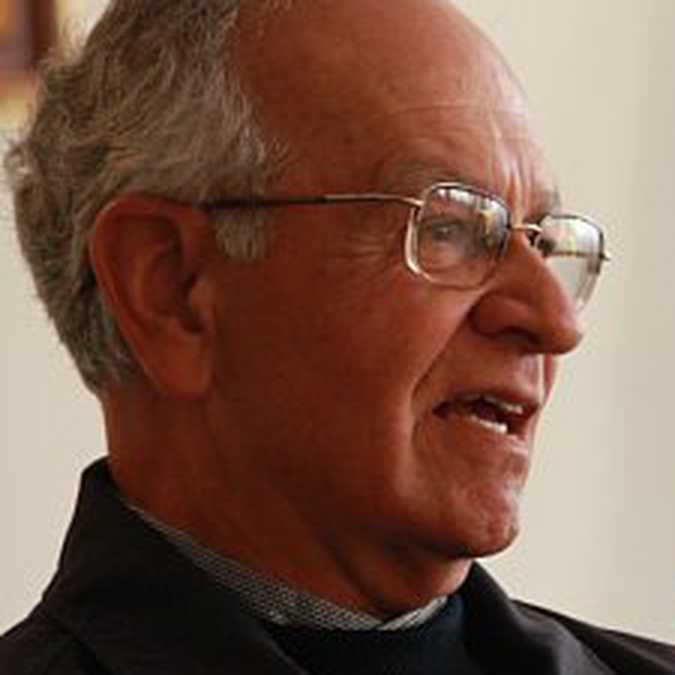
Javier Giraldo Moreno (Vice president of the Permanent Peoples’ Tribunal and Colombian liberation theologian who is a prominent human rights activist in Latin America)
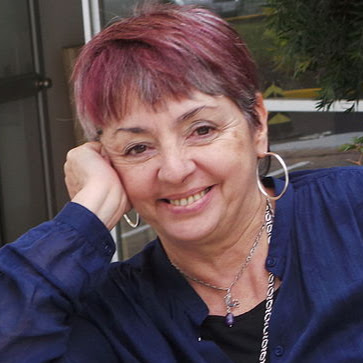
Ana Esther Cecena (Director of Latin American Geopolitical Observatory and professor at the National Autonomous University of Mexico)
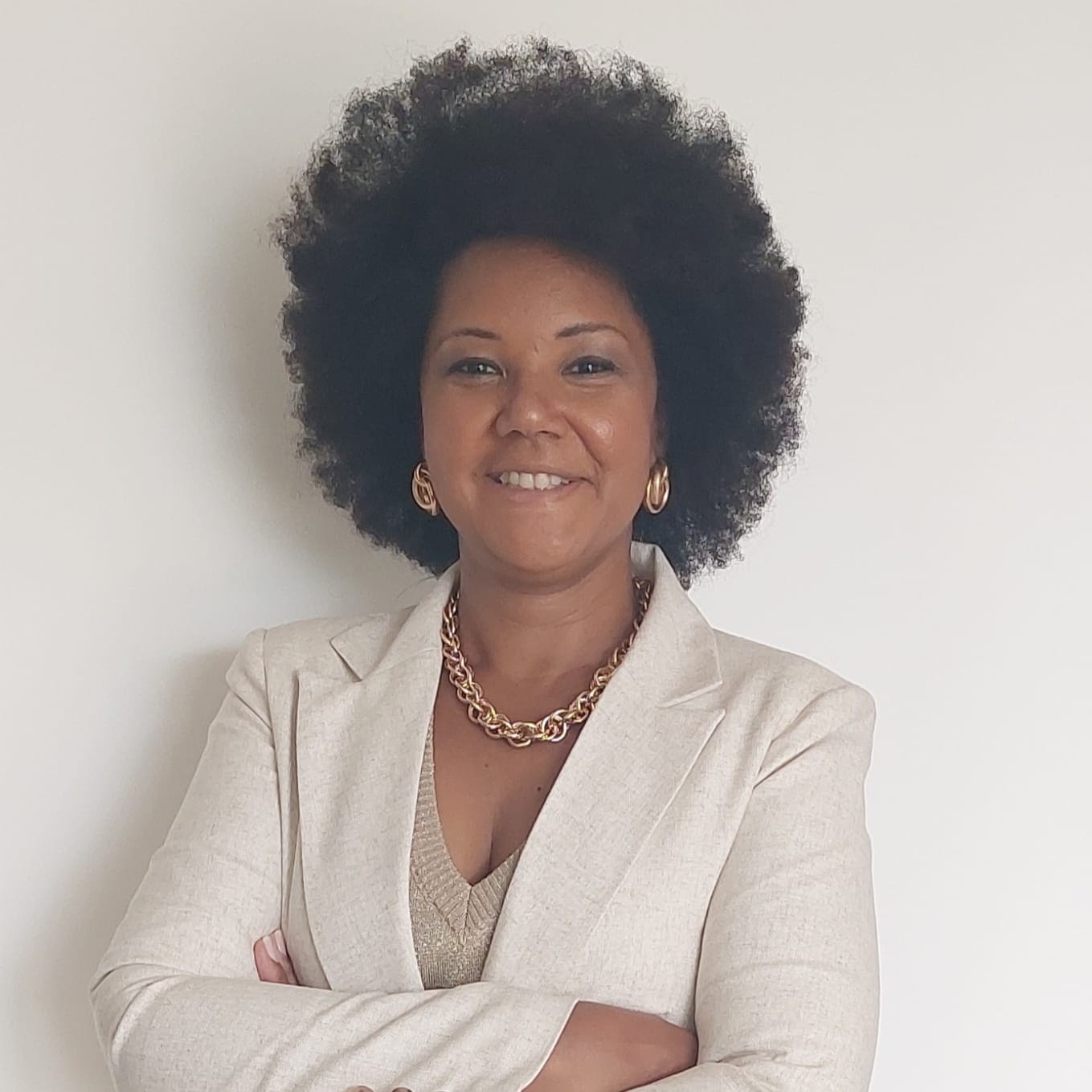
Flavia Carvalho (Brazilian supreme court assistant judge and an Afro-Brazilian feminist)
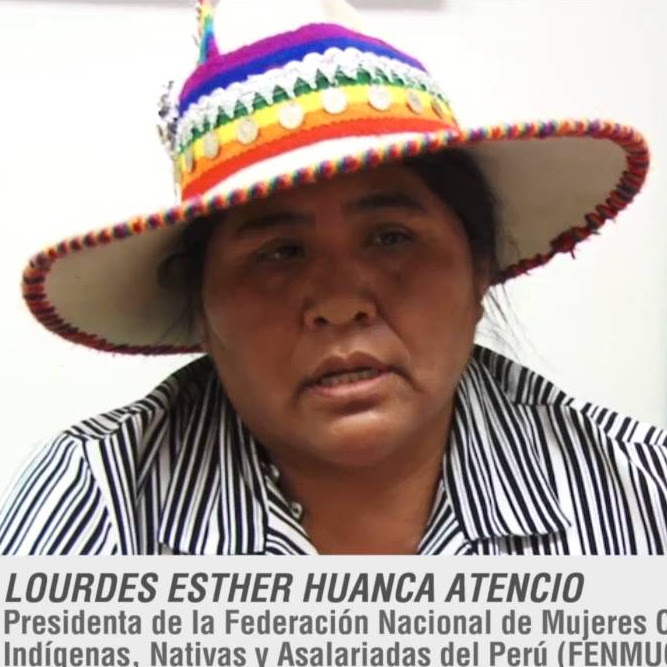
Lourdes Esther Huanca Atencio (President of the National Federation of Female Peasants, Artisans, Indigenous, Native and Salaried Workers of Peru)
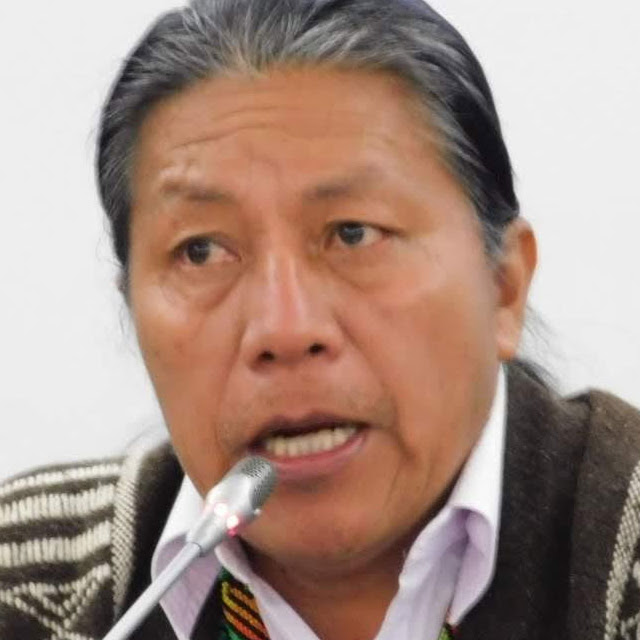
Feliciano Valencia (Former Colombian senator, a Nasa Indigenous leader of the Cauca region)
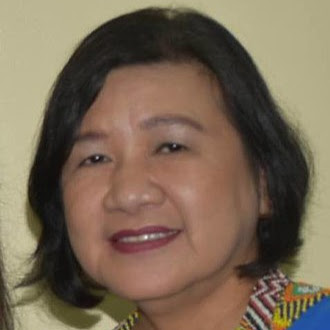
Liza Maza (General secretary of International League of People's Struggle (ILPS) and a former member of Philippine’s House of Representatives)
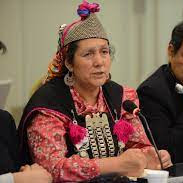
Lonko Juana Culfunao Paillal (A leader of the Mapuche indigenous community of south-western Chile who is engaged in the struggle for her people’s sovereignty and the founder of Ethical Commission Against Torture)
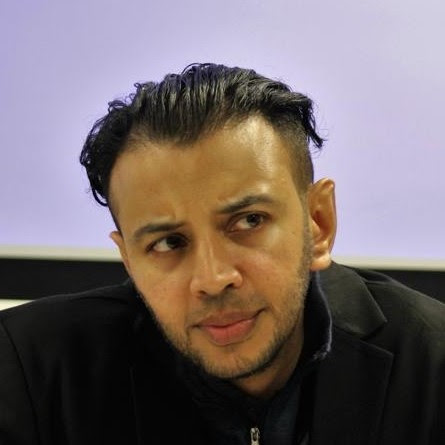
Junaid S. Ahmad (Director of the Centre for the Study of Islam and Decoloniality, Islamabad and Founder and Chair of the Palestine Solidarity Committee, Pakistan)
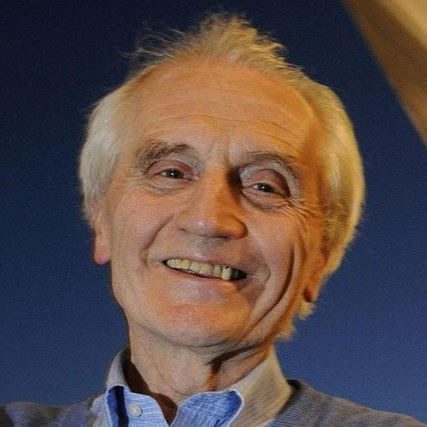
Gianni Tognoni (General secretary of the Permanent Peoples’ Tribunal in Rome)
